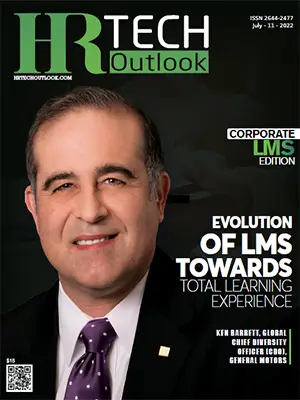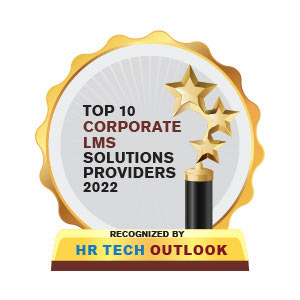LMS has advanced leaps and bounds in the past few years.
As the corporate world dramatically moved to remote and hybrid work culture, organizations today are increasingly leveraging cloud-based corporate LMS to provide their workforce with a remote, flexible, learn-at-your-own-pace, and personalized training experience. The reason being, that they want to maintain high workforce productivity and keep pace with the remote work culture.
This cloud-based approach to educational content management with lecture-based learning applications allows employees to access online training materials and content remotely anytime and receive the support they need instantaneously. LMS also enables companies to manage all of their content, including conference recordings, recorded lectures from live and virtual meetings, and traditional presentations in an easy-to-use, rapidly deployed digital library. In essence, businesses can leverage LMS not only to deliver their existing content but also to wrap assessments, testing, and certificates around the content to create a robust learning offering.
Cloud-based LMS solutions have almost already taken over on-premise systems in terms of usage due to their quick and easy modification, deployment, management, and updating ability. These hosted LMS are easily scalable with growing demand without being bogged down by maintenance tasks.
With the rising on-the-go learning trend, LMS providers today are witnessing an increase in the demand for mobile-first platforms. In fact, many large players in the space already have features explicitly dedicated to mobile usage, and other newer companies are also building exclusive products with mobile users in mind. Soon, learners can switch between various device layouts and use their phones or tablets as an optimized version of their computers.
As the world of work changes with e-learning technology, businesses must stay on top of LMS trends to meet their company’s needs.
Let us know your thoughts.



















